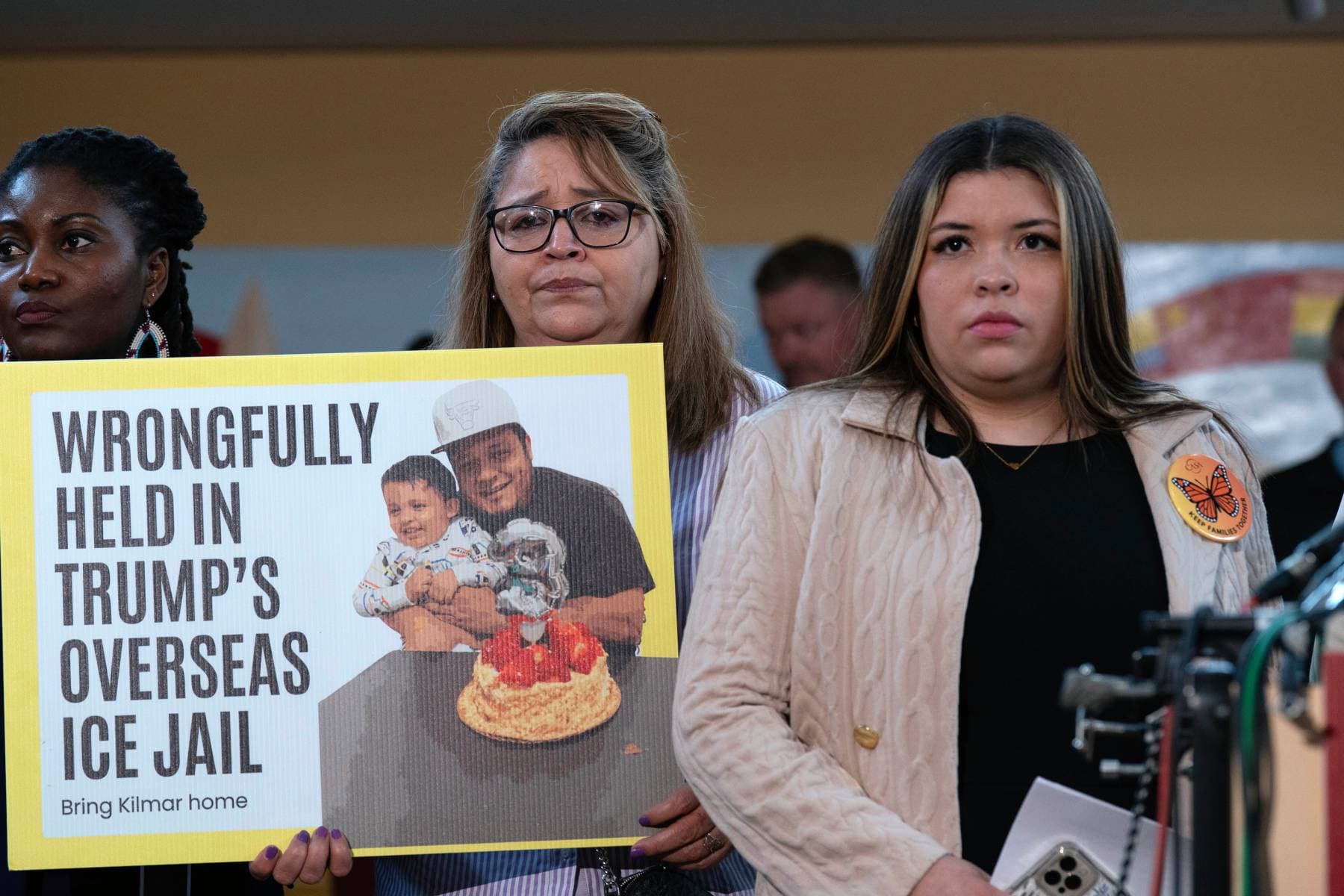Supreme Court Unanimously Rules 9-0, Directing Administration to Facilitate Return of Wrongfully Deported Man

On April 10, 2025, the U.S. Supreme Court issued a rare 9-0 ruling in the case of Noem v. Abrego Garcia, mandating that the Trump administration "facilitate" the return of Kilmar Abrego Garcia, a Maryland resident mistakenly deported to El Salvador. The unanimous decision stemmed from an emergency application by the government to vacate a lower court's order for Garcia's repatriation. This significant ruling underscores the judiciary's role in overseeing executive actions, particularly concerning due process in immigration matters.
Kilmar Abrego Garcia, a Salvadoran national, was deported on March 15, 2025, despite an existing withholding order that prohibited his removal to El Salvador due to a "clear probability of future persecution." The U.S. government admitted his removal was the result of an "administrative error," though it also alleged his membership in the MS-13 gang, which his legal team denies. Upon arrival in El Salvador, Garcia was detained in the Center for Terrorism Confinement (CECOT), a facility known for holding alleged gang members.
The case escalated after U.S. District Court Judge Paula Xinis in Maryland ordered Garcia's return by April 7, 2025, and subsequently demanded daily updates on efforts to bring him back. The Trump administration, in its emergency appeal, argued that Judge Xinis lacked the authority to issue such an order and that compelling El Salvador to return Garcia was beyond U.S. officials' power, citing the President's exclusive prerogative in foreign affairs. While the Supreme Court's unsigned order vacated the lower court's strict deadline and clarified that the term "effectuate" might exceed judicial authority, it affirmed the government's obligation to "facilitate" his release and ensure his case is handled as if the improper removal had not occurred. Justice Sotomayor, joined by Justices Kagan and Jackson, emphasized in a concurring statement that the government cited no legal basis for Garcia's warrantless arrest or removal, calling the error "egregious."
The ruling has drawn varied reactions, highlighting ongoing tensions between the executive and judicial branches regarding the limits of presidential power. El Salvador President Nayib Bukele publicly stated he would not initiate Garcia's return, questioning how he could "smuggle a terrorist into the United States." Senator Chris Van Hollen, who represents Garcia, criticized the administration for allegedly "slow walking" the response, stating, "They can get them back in 72 hours or less, and they need to do that." Meanwhile, Garcia's wife, Jennifer Vásquez Sura, a U.S. citizen, continues to advocate for his immediate return, asserting, "I will continue fighting until my husband is home." This case underscores a critical constitutional debate over executive authority in foreign affairs and individual due process rights.